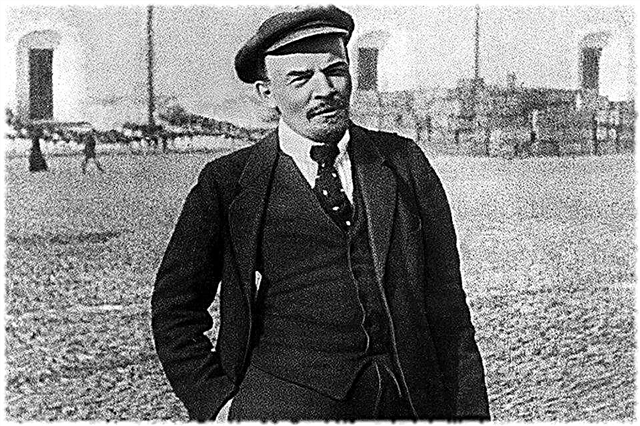
In Russia, the doorman position is not very common at present, although in the 19-20 centuries its representatives were more in demand. Who are porters and why are they called that? Is there any difference between them and the receptionist, the gatekeepers?
Who is the doorman?
The word "doorman" has many synonyms in the Russian language: receptionist, door-keeper, etc. It means a person whose main duty is to meet visitors at the entrance door of an institution.
It is believed that the correct historical name of the post in Russian is not a gatekeeper, but a doorkeeper. However, both options have a similar meaning and indicate a person meeting guests at the entrance or standing guard.

The doorman is currently a profession. Its representatives work in luxury hotels, restaurants, business centers, etc. Often they are required to look appropriate - to wear special clothes depending on the institution.
In most languages of European countries, porters are called receptionists, but in their version. For example, portier (French), der Pförtner (German), portero (Spanish), etc. In English, there is a variant - doorman, that is, literally "a man at the door."
Origin of the word
If everywhere the representative of this profession is called the receptionist, where did the word doorman come from in Russian and does it have anything to do with Switzerland?

The relationship is most direct.It is believed that the word was borrowed from German (Schweizer) and Polish (szwajcar). Both of these words indicate a resident of Switzerland. And originally in Russian, when the doorman spoke, they meant a resident of the state.
However, its modern significance comes from the name of a special category of employees - the Swiss guards. They were considered an elite security detachment with an ideal reputation. For example, the guards guarded the pope, the king of France.
Interesting fact: The Swiss Vatican Guard still exists. It represents the armed forces of the Vatican and the oldest army in the world (founded in 1506). Soldiers are trained in Switzerland, and their task is to protect the pope and his residence. The composition of the guard is about 100 people.

Everyone would like to have such protection, but not everyone could afford it. Because of this, the word gradually lost its original meaning, and not representatives of the state, but a position, a profession began to be called porters.
According to another version, in the 18th century, the Swiss experienced difficult times at home. Therefore, they were looking for ways to earn money in other countries, including Russia. They settled in low-paying posts, because they did not know the language.
Moreover, they seemed to be Swiss, but in Russian the name was abbreviated to “doorman”. Later, this word was fixed as the name of the post. However, the first version of the origin of the name of the profession is more common.












